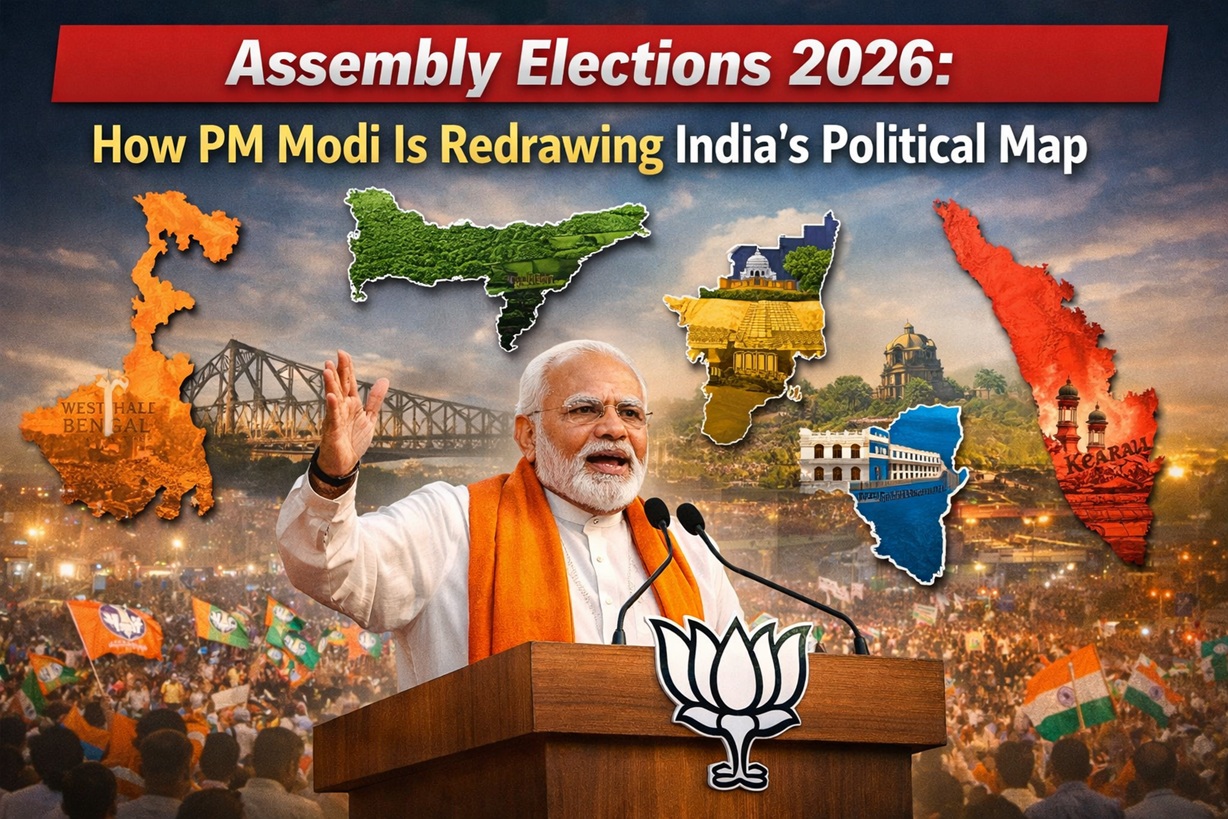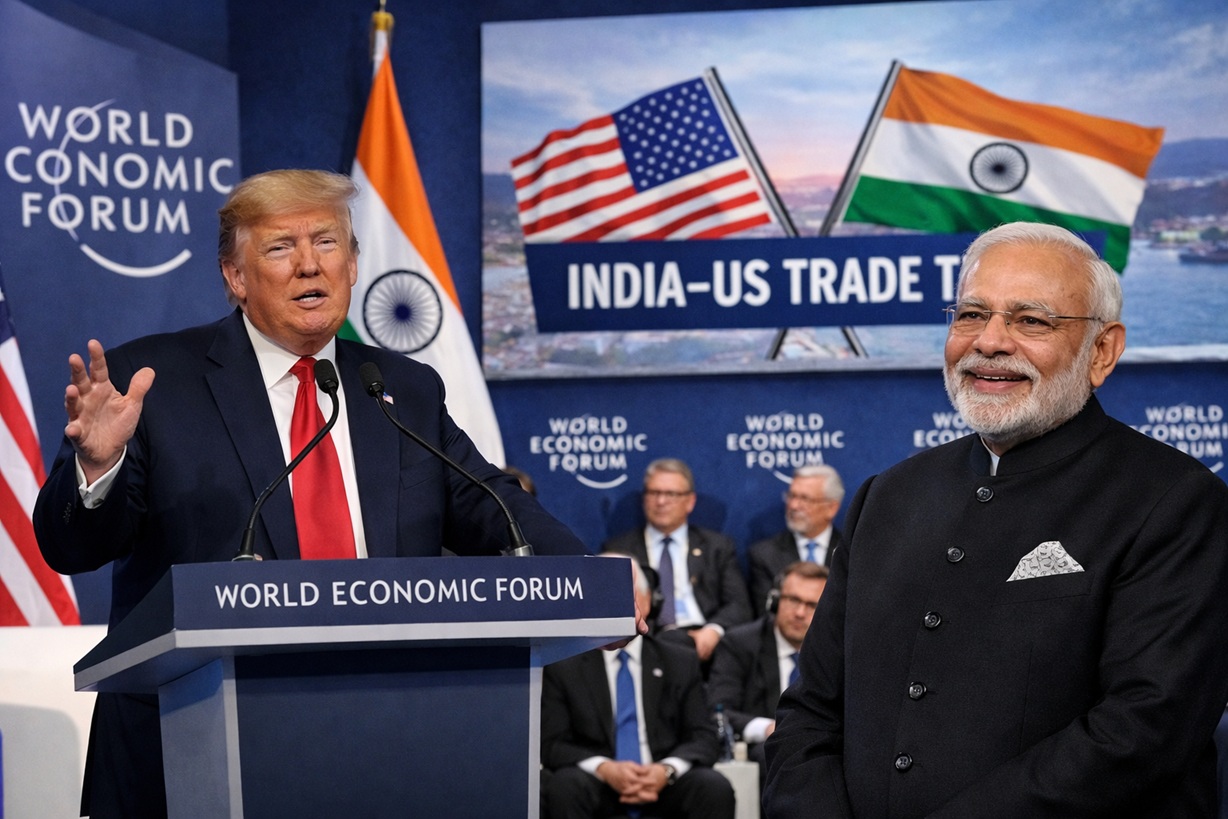In a significant ruling, the Supreme Court of India on Monday declined to stay the entire Waqf (Amendment) Act, 2025, observing that there is always a presumption in favour of the constitutionality of a law passed by Parliament.
A Bench headed by Chief Justice B.R. Gavai and Justice A.G. Masih made it clear that “an entire law cannot be struck down in one stroke” merely on the basis of objections raised, unless it is shown to be fundamentally unconstitutional.
Relief for Government, Partial Setback for Petitioners
The verdict is being seen as a major legal victory for the Centre, which had faced stiff opposition from several Muslim organisations, political parties, and social groups that challenged the new amendments.
However, the Court did grant partial relief by staying two controversial provisions—Sections 3 and 4—which deal with the composition of Waqf Boards and the inclusion of non-Muslims as members.
The Supreme Court directed that:
The Central Waqf Board may include non-Muslims, but their number should not exceed four members.
In the case of State Waqf Boards, the number of non-Muslim members should be capped at three.
Wherever possible, governments should endeavour to appoint officials from the Muslim community as their representatives on the Boards.
This, the Court said, was intended to maintain a balance between faith and constitutional rights.
Political Reactions:
The ruling came as a boost for the government, which has repeatedly defended the law as a measure for greater accountability and transparency in Waqf property management.
The Congress Party, however, claimed partial victory, welcoming the Court’s decision to stay some provisions of the Act. It described the ruling as a win for the constitutional values of justice, equality, and fraternity.
Several opposition parties—including the TMC, RJD, and AIMIM—had supported petitions against the law. Their leaders argued that the amendments infringed upon the fundamental religious rights of Muslims under Articles 25–29 of the Constitution.
Community Reactions:
For many in the Muslim community, the decision was a disappointment. The All India Muslim Personal Law Board and other Islamic organisations had demanded that the entire Act be struck down, claiming it undermined religious autonomy and the traditional management of Waqf properties. They have vowed to continue their legal and political battle.
AIMIM chief Asaduddin Owaisi, one of the petitioners, termed the verdict “unsatisfactory,” saying it failed to protect the fundamental rights of Muslims.
The Core Dispute: Registration of Waqf Properties
At the heart of the controversy is the mandatory registration of all Waqf properties through official documentation.
Petitioners argued that many Waqf lands have been in community use for decades without formal papers, and that requiring ownership proof would delegitimise large tracts of Waqf property.
The Court, however, upheld the compulsory registration requirement, making it clear that only properties with verified ownership documents could be treated as Waqf.
This aspect is being described as the biggest setback for Waqf Boards and associated organisations, as it directly challenges long-standing practices where properties were declared Waqf by usage or community assertion.
Political Undercurrents
Observers point out that the controversy is not just legal but also deeply political.
With upcoming elections in Bihar, Assam, Bengal, and Uttar Pradesh, opposition parties have positioned themselves as protectors of Muslim religious rights, portraying the partial stay as their victory.
Critics argue this is largely electoral politics, designed to consolidate Muslim votes by claiming credit for “saving mosques, dargahs, and madrasas” from government interference.
Meanwhile, the government and its supporters insist that the real outcome favours accountability, since registration requirements remain intact and non-Muslims have formally been allowed into Waqf Boards—albeit in limited numbers.
The Larger Message from the Court
The Supreme Court’s ruling underscores a key principle:
“Parliament enacts laws, and those laws cannot be nullified wholesale unless there is clear proof of unconstitutionality.”
In essence, while the judgment gave minor concessions to petitioners, it preserved the core structure of the Waqf (Amendment) Act, 2025, ensuring that:
The Act remains in force.
Registration of Waqf properties is mandatory.
Non-Muslims can have limited representation on Waqf Boards.
Whats ahead.
The verdict marks a delicate balancing act by the judiciary—providing some relief to community concerns, while upholding Parliament’s authority and the government’s intent to regulate Waqf properties. For the government, it is a legal win. For the opposition, a political opportunity. And for Muslim organisations, a continuing battle. The stage is now set for prolonged legal, social, and political debates as India heads into a crucial election season.
References:
https://lawbeat.in/top-stories/supreme-court-refuses-to-stay-waqf-amendment-act-2025-1518519





